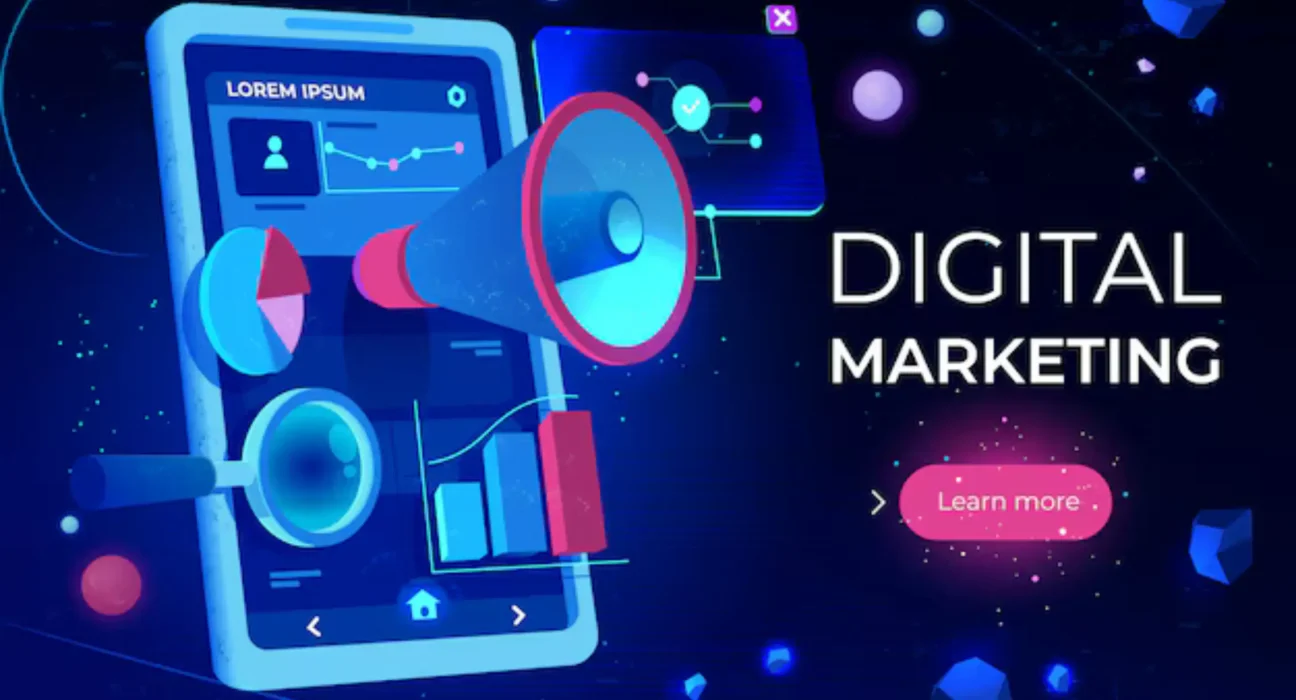An effective digital marketing strategy integrates digital and traditional marketing channels to create a cohesive multichannel approach. Below are its key features:
- Alignment with Business and Marketing Strategy
- Must align with the organization’s overarching goals, such as a rolling three-year vision and specific annual priorities.
- Clear Objectives
- Define measurable goals for business and brand development, focusing on online contributions like leads and sales.
- Customer-Centric Approach
- Tailored to the preferences and behaviors of target customers who actively engage with the channel.
- Compelling Value Proposition
- Offer a distinct and attractive value proposition that is effectively communicated to the audience.
- Integrated Communication Mix
- Combine online and offline communication tools to drive website traffic and brand interactions through channels like email, mobile, and more.
- Support for the Customer Journey
- Assist customers through every stage of their buying process, seamlessly integrating digital and traditional channels.
- Lifecycle Management
- Manage the online customer lifecycle by:
- Attracting visitors to the website.
- Converting them into customers.
- Retaining and growing their engagement over time.
- Manage the online customer lifecycle by:
By adhering to these principles, a digital marketing strategy can enhance customer experience, maximize reach, and deliver sustainable business growth.

